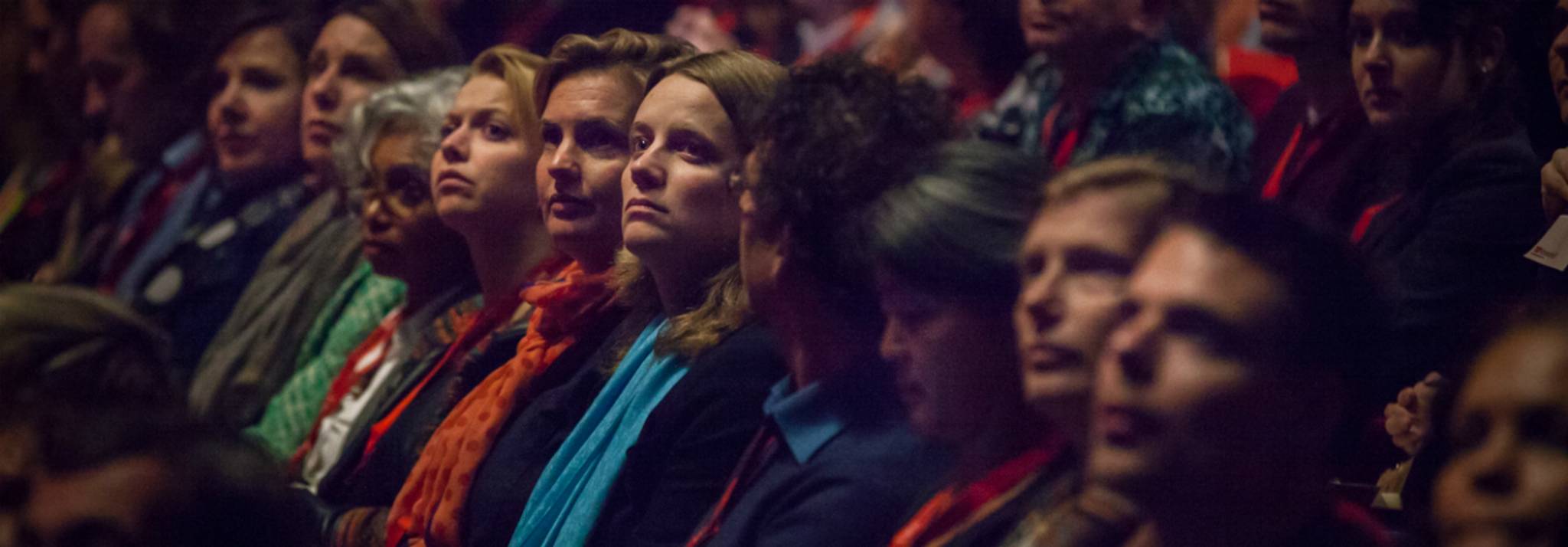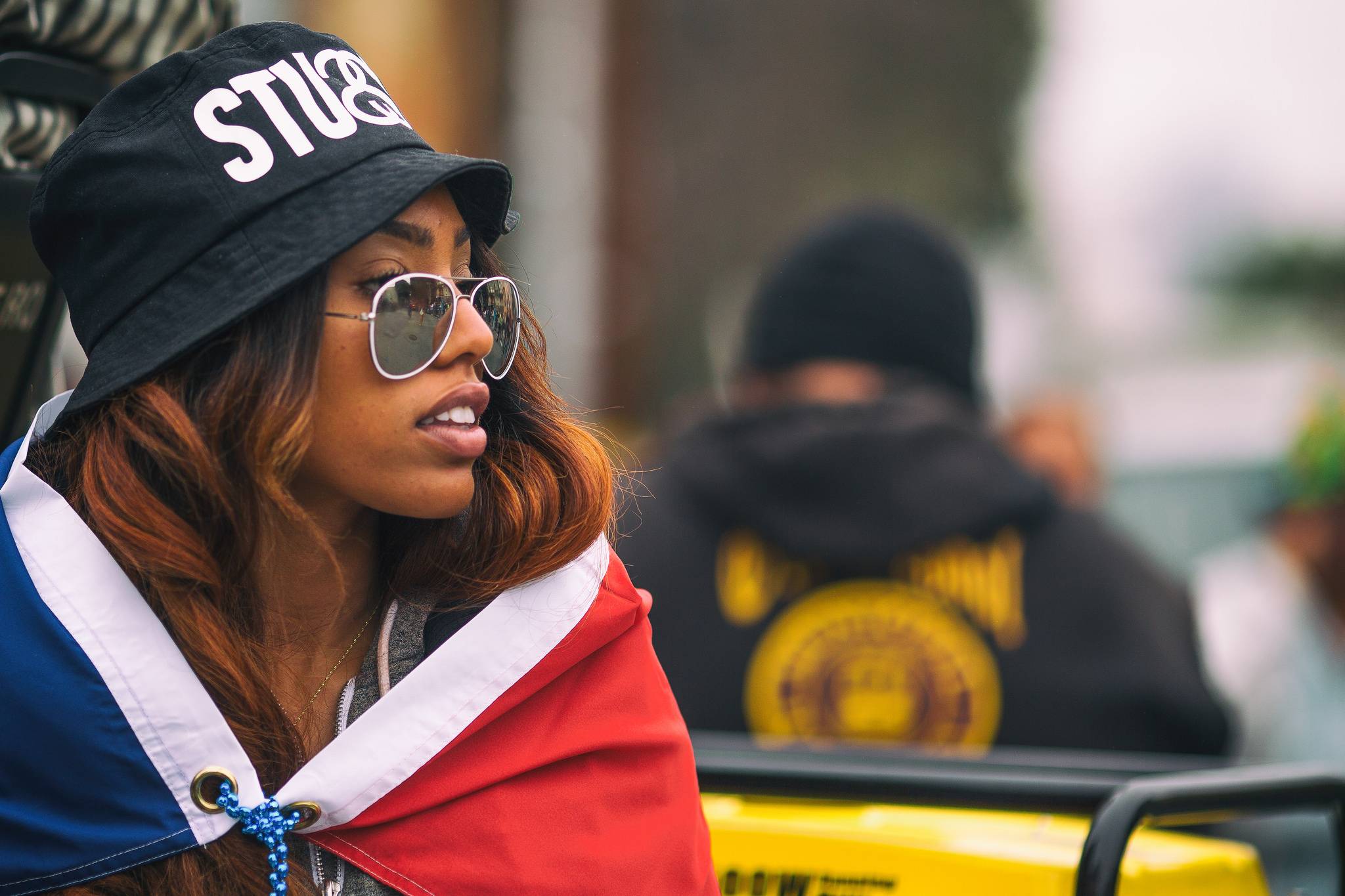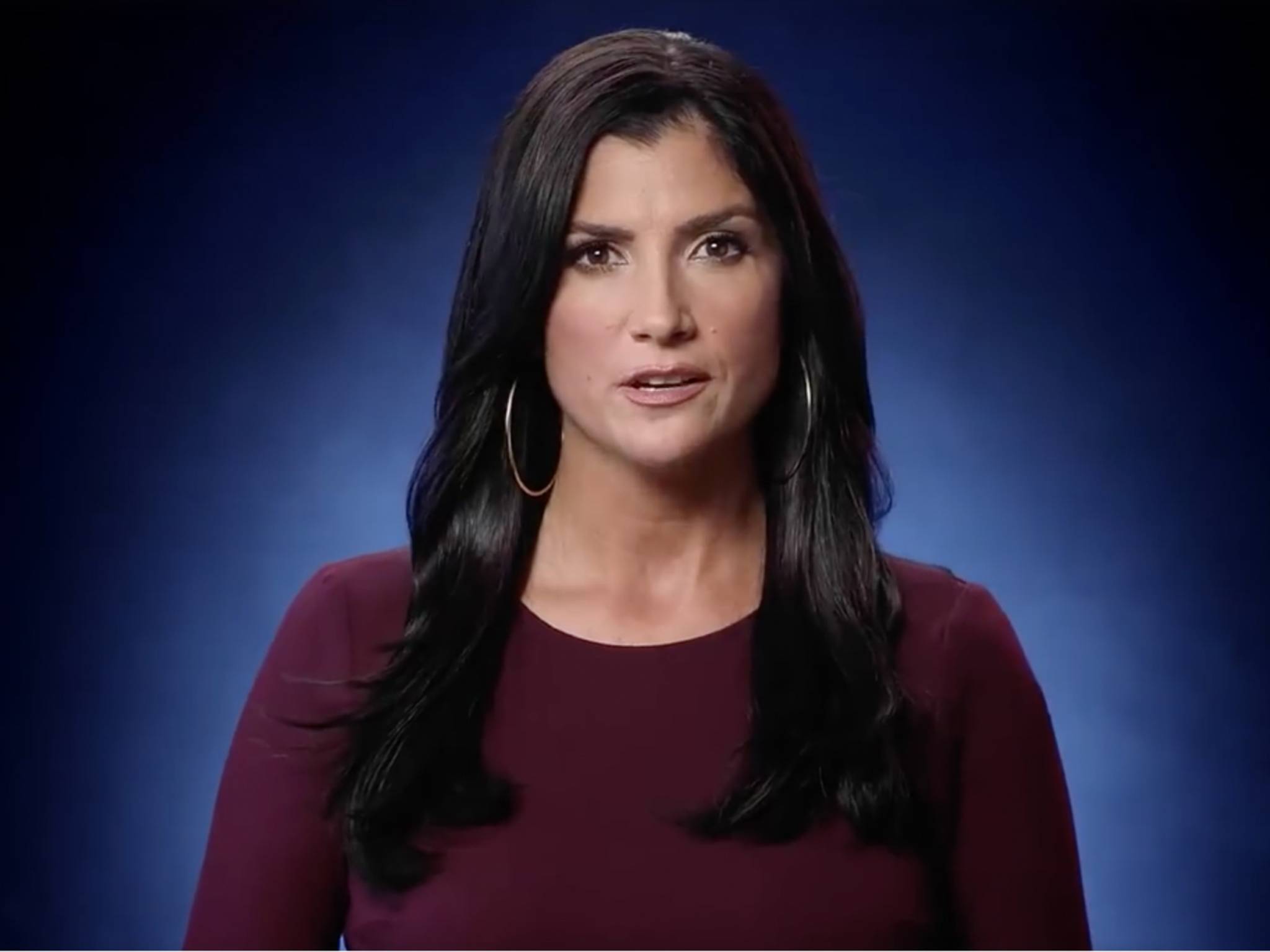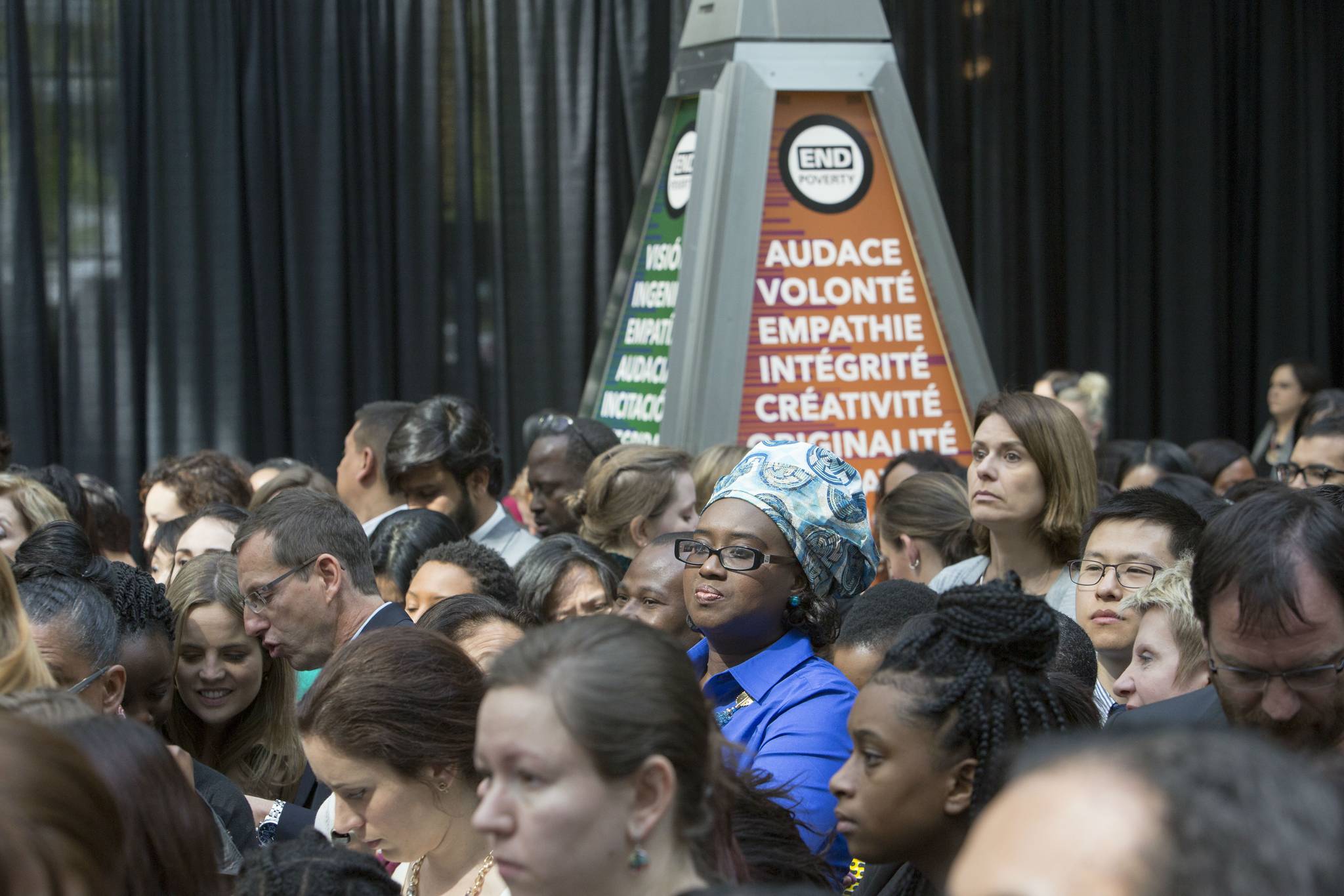
While other talk show hosts in the US are confronting the nation's political issues, The Tonight Show’s Jimmy Fallon is avoiding touchy subject matter. But disenfranchised Americans are counting on pop culture to represent their views, and it's costing apolitical entertainers their audiences. We explore the insights behind why people are turning their backs on entertainment that won’t tackle the big issues.
Before Jimmy Fallon’s interview of then-presidential candidate Donald Trump in September 2016, the talk show host was bringing in over a million more viewers than either Stephen Colbert or Jimmy Kimmel. But that interview – and his subsequent work to date – sidestepped political commentary in favour of lighter fare, and viewers are taking notice. Fallon’s conversation with Trump was panned as a fluff piece, while his insistence on steering clear of controversial issues has helped more politically engaged hosts to gain ground.
“If Jimmy Fallon had any credibility left as a thinking comedian with a point-of-view, he lost the last shred of it last night,” wrote TV critic Sonia Saraiya following Fallon’s Trump interview. “It’s unfortunate that Fallon does not seem to think that there might be something about Donald Trump that deserves more attention than simply tousling his hair and making fun of his speech patterns.” The public subsequently made its reaction felt through the ratings; by October 2017, Colbert had gained a 500,000 viewer lead on Fallon, with The Tonight Show’s viewership dropping from roughly four million in 2015 to 2.5 million in 2017.
When it comes to politics, American culture is increasingly polarised – between 2004 and 2014, negative views of opposing political parties doubled, and as of October 2017, just under 60% of Americans disapprove of President Trump. Within a divided nation, those who don’t feel served by the establishment are turning to popular culture to represent their values instead. As even Lana Del Rey gives up nostalgic American imagery in protest of rising nationalism, politically active citizens are making it clear that they don’t want their role models to shy away from the serious issues.
Mira Kopolovic is a behavioural analyst at Canvas8, which specialises in behavioural insights and consumer research. She has a Master’s degree in creative industries, which focused on artist-brand collaborations, and spends her spare time poring over dystopian literature.



